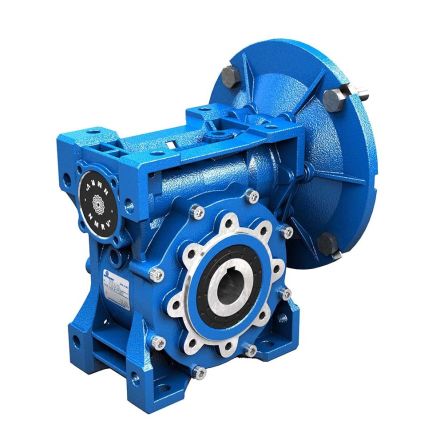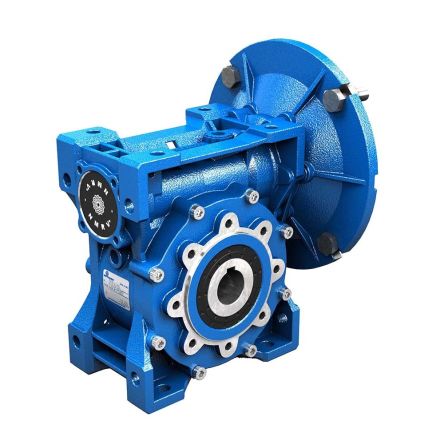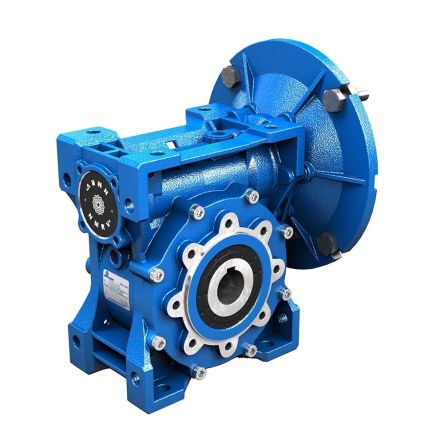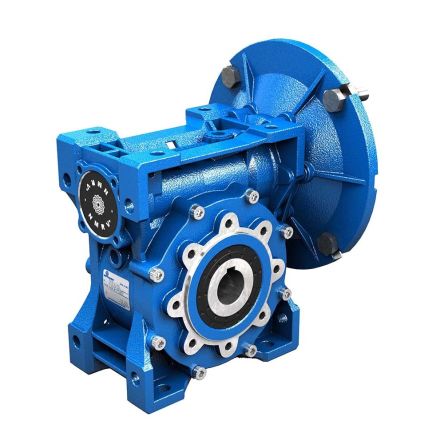- Automation & Control Gear
- Cables & Wires
- Enclosures & Server Racks
- Fuses & Circuit Breakers
- HVAC, Fans & Thermal Management
- Lighting
- Relays & Signal Conditioning
- Switches
- Batteries & Chargers
- Connectors
- Displays & Optoelectronics
- ESD Control, Cleanroom & PCB Prototyping
- Passive Components
- Power Supplies & Transformers
- Raspberry Pi, Arduino, ROCK, STEM Education & Development Tools
- Semiconductors
Gearboxes
Gearboxes, also referred to as gearheads or gear reducers, are enclosed systems consisting of a series of integrated gears within a housing unit. Gearboxes are designed to transmit mechanical energy to operate and alter the torque and speed of a driving device, such as an electric motor. At RS, we have a variety of industrial gearboxes, including planetary, spur, and ovoid models from leading industry brands, including DKM, Maxon, Panasonic, Portescap, Trident Engineering and out own RS PRO brand.
How does a gearbox work?
Inside a gearbox, there is one of several different types of gears that can be found - these include bevel gears, worm gears, helical gears, spur gears, and planetary gears. These gears are mounted on to shafts and rotate on rolling element bearings.
What type of gearboxes are there?
The most common types of gearboxes are spur and planetary.
- Spur gearboxes have straight teeth and are mounted on parallel shafts. Spur gearboxes offer a high power transmission efficiency, a constant velocity ratio and have no slip.
- Planetary gearboxes have the input shaft and output shaft aligned. They are particularly suited to high torque and low-speed applications.
How is the gear ratio defined?
The gear ratio is defined through the number of turns the output shaft will makes when the input shaft is turned once. When the gear ratio is 1:1, the torque and speed are the same. If the ratio is increased to 1:4, the torque is reduced and the maximum speed is significantly increased. If this is reversed to a ratio of 4:1, then the speed is reduced and the torque is increased.
What are gearboxes used for?
Gearboxes are used in various applications depending on the type and gear ratio. This includes machine tools, conveyor systems and elevators, as well as industrial equipment and mining industry applications. Right angle gearboxes can be utilized in rotary tables.



